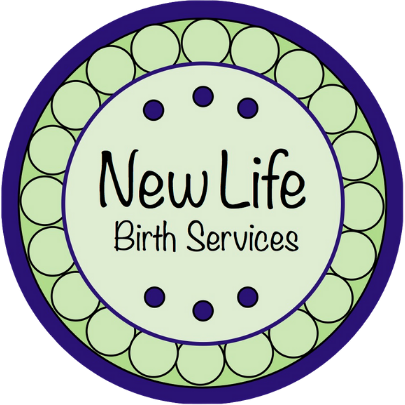Infant Supplementation Options During the Formula Shortage
Written by: Certified Birth Doula Jaelan Mincey
You may be familiar with breast milk sharing or it might be a new concept to you, but if you need to supplement, it’s important to know that you have options! Whatever and however you choose to feed your baby is valid. Knowing the options available to you will help you make the best choice for your individual circumstances.
What are the options for supplementation?
Historically, the most readily available option for supplementation is infant formula. There are many different brands in the grocery store. All infant formula sold in the United States meets the minimum nutritional and safety requirements, so you can rest assured that the formula purchased in the US is considered safe to feed your baby. However, there is a formula shortage currently rippling through the United States. This shortage is dramatically affecting the ability of families to feed their children.
Another option for supplementation is human milk. There are a few options for procuring human milk for supplementation:
EXPRESSED MILK FROM A PARENT
Probably the simplest human milk supplementation option logistically. The baby’s parent may express milk (usually through a breast pump) to feed right back to the baby.
This option may not be good for families who are not able to lactate or those who struggle with “low supply”.
INFORMAL MILK SHARING
Organizations like Human Milk for Human Babies and Eats on Feets help connect families who are in abundance of human milk with those who are desiring it.
Because milk is considered a biological product made from blood, this method of informal milk sharing may not be best for all families. You should feel comfortable with the source of the milk. La Leche League offers some questions you might ask potential donors to help you decide if you’re comfortable receiving their milk.
The benefits of this type of milk sharing are accessibility and cost. Organizations that help pair families are easy to find in most metropolitan areas. Most donors gift their milk to families in need or offer it in exchange for pumping supplies like milk storage bags, making this a very affordable option for supplementation.
Milk Banks
These are medically supervised organizations that help parents gain access to donated breast milk. This milk is pasteurized and screened for bacteria and donors have been blood tested and health screened for safety.
This is a great option for babies who need supplementation while hospitalized in the NICU.
One downside to this option is accessibility and cost. Not all communities have access to local milk banks. New Mexico’s milk bank opened in 2021. Prior to that, the Denver Milk Bank was the closest option. This milk is also expensive. The local Human Milk Repository of New Mexico charges $4.50 (+ tax) per ounce of human milk.
For example, a one-month-old baby usually eats 2 to 4 ounces per feeding, six to eight times per day. If your baby is right in the middle (3 ounces per feeding, 7 times a day) the cost would be $94.50 (+ tax) per day to meet your baby’s needs through this milk bank.
Still, milk banks play a valuable role in providing access to human milk. For many, supplementation is not a long-term need. Many families will supplement only for a short amount of time, making milk banks a good option to feed pasteurized human milk.
Health insurance may cover the cost of donor milk through a milk bank! If your need for donor milk is under 40 ounces, no prescription is necessary, but if your need exceeds 40 ounces, talk to your health care provider and your insurance company.
Want to donate?
If you have a surplus of milk, you may consider donating it! You can choose to donate through informal milk sharing or milk bank collection.
Our friends at Dar a Luz Birth & Health Center work as a milk depot for donations and outreach with the Mother’s Milk Bank. Milk collected at Dar a Luz is shipped to the Denver Milk Bank for testing and re-distribution to NICU hospitals.
If you’re not lactating, but want to support milk sharing, consider making a monetary donation to an organization that helps make it possible!

